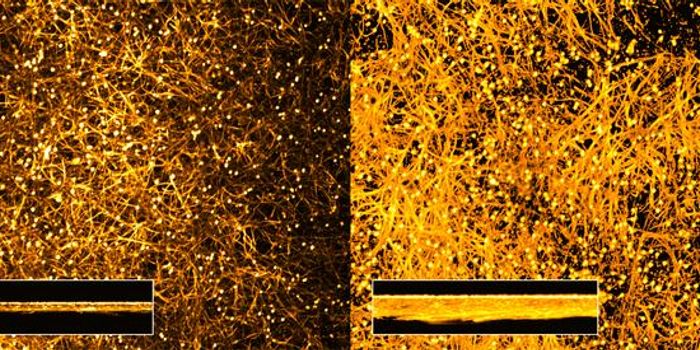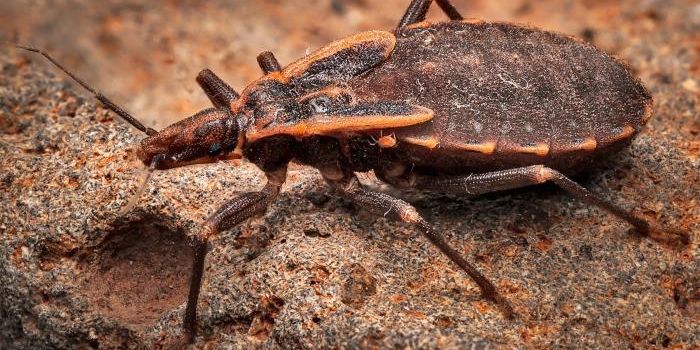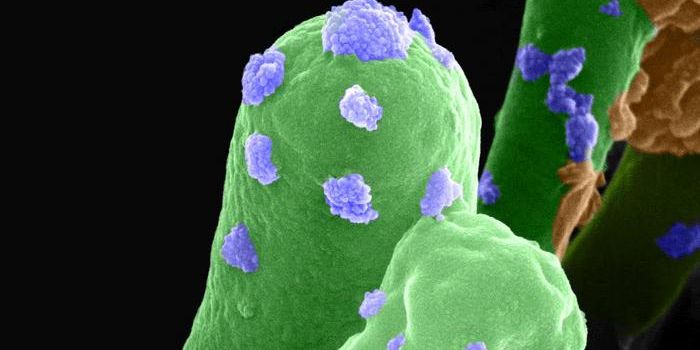How a Fiber-rich Diet Helps Gut Microbes Protect the Heart
The bacteria of the gut microbiome have a powerful influence on human health; research has shown. Scientists are beginning to learn more about how those microbes exert their various effects, many of which are beneficial. Researchers have found that when gut bacteria help digest dietary fiber, they can produce a molecule called propionate, a fatty acid that can mitigate the impact of high blood pressure. The work, by scientists at the Experimental and Clinical Research Center (ECRC), a joint institution of the Max Delbrück Center for Molecular Medicine (MDC) and Charité - Universitätsmedizin Berlin, has been reported in Circulation.
"Propionate works against a range of impairments in cardiovascular function caused by high blood pressure," said MDC researcher and research group leader Professor Dominik N. Müller. "This may be a promising treatment option, particularly for patients who have too little of this fatty acid."
In this study, the team exposed a mouse model of high blood pressure to propionate. The heart damage and abnormal heart enlargement usually seen in this model was less pronounced, and the mice were less likely to have cardiac arrhythmia, the researchers found. They also had less atherosclerosis, vascular damage that is typical of high blood pressure.
"Our study made it clear that the substance takes a detour via the immune system and thus affects the heart and blood vessels," noted Dr. Nicola Wilck and Hendrik Bartolomaeus of the ECRC. They have been studying this mechanism for almost five years. They saw that the effects of T cells were calmed; these immune cells promote inflammatory processes and high blood pressure.
The researchers wanted to know how these changes translated into heart health. After an electrical stimulus, they observed heart arrhythmia in 70 percent of untreated mice. Only 20 percent of the mice treated with propionate ended up with arrhythmia after the same stimulus, however. After studying the hearts with ultrasound, tissue section, and single-cell analysis, the team saw that propionate-treated mice had less cardiovascular damage that is related to high blood pressure, and their survival rate was increased significantly.
Related: Study Shows Why Diets Rich in Red Meat Increase Heart Disease Risk
Investigating the mechanism of this effect further, the researchers disabled a T cell subtype in the mouse model. When those regulatory T cells were inactive, propionate no longer had any protective effect, indicating that the cells are critical to the impact of the fatty acid.
Led by Johannes Stegbauer, an adjunct professor at Düsseldorf University Hospital, another research team confirmed those findings in an alternative animal model.
This work has suggested a reason why a fiber-rich diet can help prevent cardiovascular disease. Fruits and whole grains contain molecules like cellulose and inulin, which gut bacteria use to make molecules like propionate. "Previously, it had not been clear which fatty acid is behind the positive effects and how it works," said Wilck.
The work can help improve cardiovascular disease therapeutics and may improve natural ways to promote heart health. The propionate molecule itself has not yet been studied directly, so the researchers want to follow up on this work in human subjects. It’s already used as a food preservative, so we know it’s safe to ingest.
"With these favorable conditions, hopefully, propionate will soon make the leap from the lab to patients who need it," said Wilck.
Learn more about how to get fiber in your diet to improve heart health from the video by Mayo Clinic.
Sources: AAAS/Eurekalert! Via MDS, Circulation









